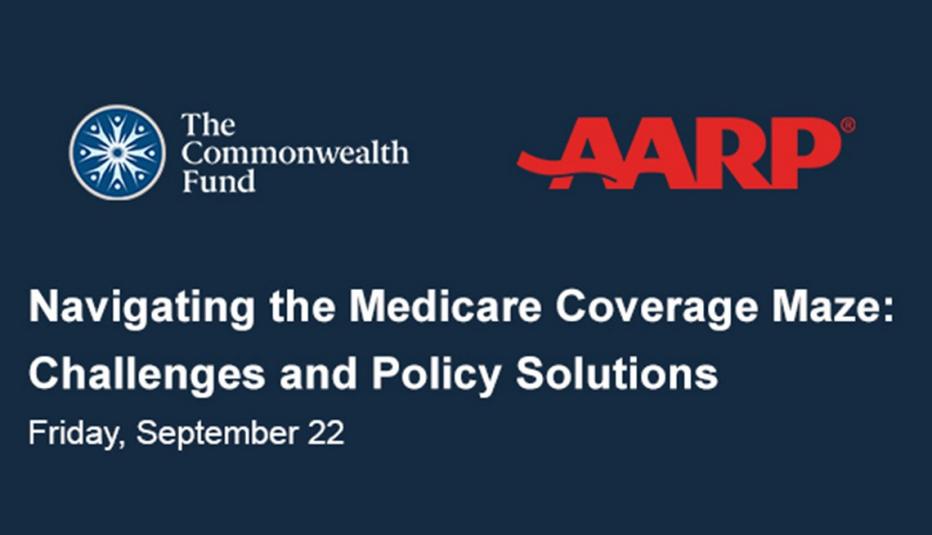AARP Hearing Center
Jane Sung, AARP Public Policy Institute
Olivia Dean, AARP Public Policy Institute
Claire Noel-Miller, AARP Public Policy Institute
AARP Public Policy Institute
Over 2 million lower-income older adults ages 50-64 rely upon subsidies known as cost-sharing reductions to help make health care more affordable and accessible. Over a third (35 percent) of adults receiving cost-sharing reductions are older adults ages 50-64. For people with modest incomes, high cost-sharing can present an enormous barrier to accessing necessary medical care. By reducing these barriers, cost-sharing reductions provide critical financial protection for consumers, especially older adults with chronic conditions or significant health care needs. Cost-sharing subsidies are most important to low-income people with high medical expenses—including older adults with chronic conditions—who, without the subsidy, would be at risk of unaffordable out-of-pocket cost burdens and medical debt.
MORE FROM AARP


Policy Options to Improve Older Adults’ Health Insurance Affordability
Despite gains in health coverage and affordability under the Affordable Care Act (ACA), a significant number of Americans remain uninsured, including millions of adults ages 50 to 64, and affordability and access barriers remain. Policymakers can pursue a wide range of options to improve access to affordable health coverage and reduce racial/ethnic and other disparities in coverage.




Navigating the Medicare Coverage Maze: Challenges and Policy Solutions
Speakers discussed new research on people’s experiences with Medicare marketing, what factors and information influence Medicare coverage choices, and potential policy opportunities to better support consumers during open enrollment.


































































